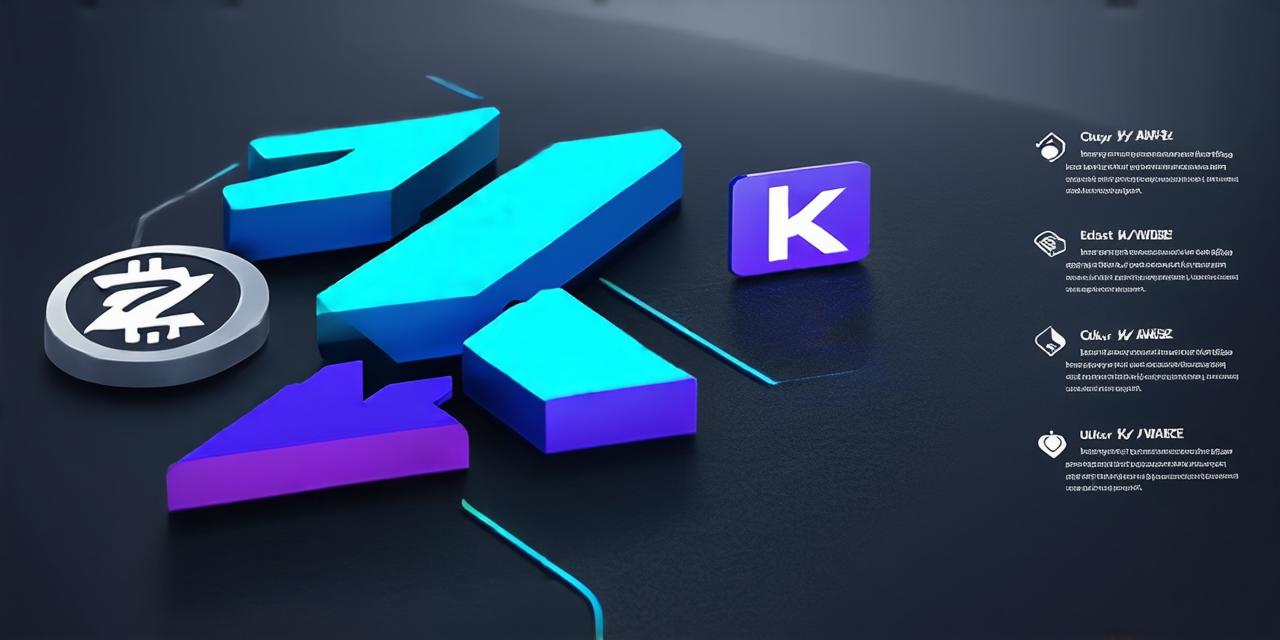Zero-Knowledge: A Brief Overview

Zero-knowledge is a cryptographic technique that allows one party to prove to another party that a statement is true without revealing any information beyond the truth of that statement. In other words, zero-knowledge proofs allow one party to demonstrate that they know something without actually revealing what that thing is.
This can be particularly useful in situations where privacy and confidentiality are paramount, such as in financial transactions or online identity verification processes.
Zero-Knowledge in Cryptocurrency
In the context of cryptocurrency, zero-knowledge is often used in conjunction with “smart contracts” to enable secure and private transactions. Smart contracts are self-executing agreements that can be programmed to automatically execute when certain conditions are met.
By using zero-knowledge proofs, smart contracts can be designed to verify the validity of a transaction without revealing any sensitive information about the parties involved.
Real-Life Examples of Zero-Knowledge in Action
There are several real-life examples of zero-knowledge being used in the cryptocurrency space. One such example is the popular cryptocurrency wallet, Monero. Monero uses a unique privacy-focused technology called “ring signatures” to enable anonymous transactions without revealing any identifying information about the parties involved.
Another example is the decentralized finance (DeFi) platform, Secret Network. Secret Network uses zero-knowledge proofs to enable private transactions between users without revealing any sensitive information about the parties involved.
The Future of Zero-Knowledge in Cryptocurrency
The future of zero-knowledge in cryptocurrency looks bright, with ongoing research and development in the field continuing to advance privacy-enhancing technologies.
